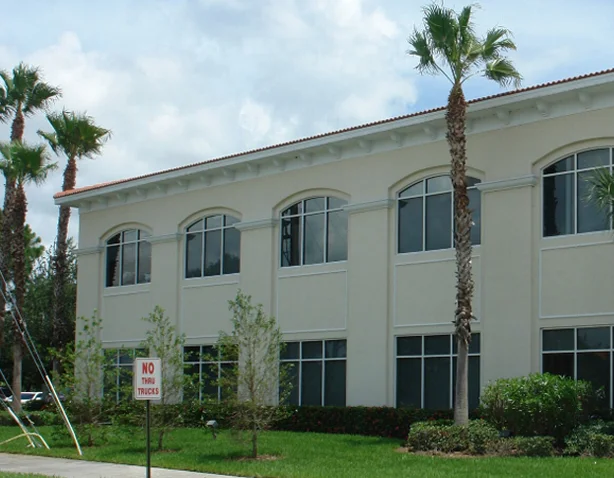New Year’s Eve is just around the corner. For many people on the Treasure Coast, the holiday is a time
Safe Driving Posted on Apr 14, 2015
As Florida temperatures heat up, tires are more prone to fail. The tire-blowout season runs roughly from the middle of April through early October. The reason more tires fail from late spring to early fall is simple—that’s when the outside temperature is the hottest, and when motorists are driving further, faster, and in more heavily loaded vehicles. The combination can push a neglected or injured tire beyond its breaking point.
In a tire blowout situation, staying calm can help save your life. If you ever experience sudden tire failure, slowly remove your foot from the gas. Do not use your brakes. Steer your vehicle in a straight path and let it coast to a halt at a safe spot away from moving vehicles. Furthermore, consider the following tips on tire maintenance and safety which can help prevent a dangerous tire situation:
If you or a loved one has been involved in a tire-related vehicle accident, tire failure may be to blame. I am a Board Certified Civil Trial Lawyer with over 30 years of experience in helping the injured, proudly serving the people of Port St. Lucie, Vero Beach, Fort Pierce, and Okeechobee. Call me for a free case analysis and evaluation.
Toll Free: 1-866-460-1990; After Hours: 1-772-359-0342
New Year’s Eve is just around the corner. For many people on the Treasure Coast, the holiday is a time
South Florida is currently experiencing one of the highest rates of inflation in the country. According to the U.S. Bureau
How the technology raises risk of carbon monoxide poisoning Are all the electronics in your car a good thing? When

Phone: (772) 344-7770
Fax: (772) 344-3838

Phone: (772) 464-4600
Fax: (772) 465-4747

Phone: (772) 577-7551
Fax: (772) 794-7773

Phone: (863) 357-5800
Fax: (863) 763-2237
As the law firm Florida has trusted for over 40 years to fight on their behalf, we are more than ready to represent you. Put our experience and reputation to work. If you need help with any legal matter, whether it’s a personal injury, workers’ compensation, disability or bankruptcy case, contact us now. The consultation is absolutely free.
Get the answers you need. We’ll review your case today, for free.
"*" indicates required fields